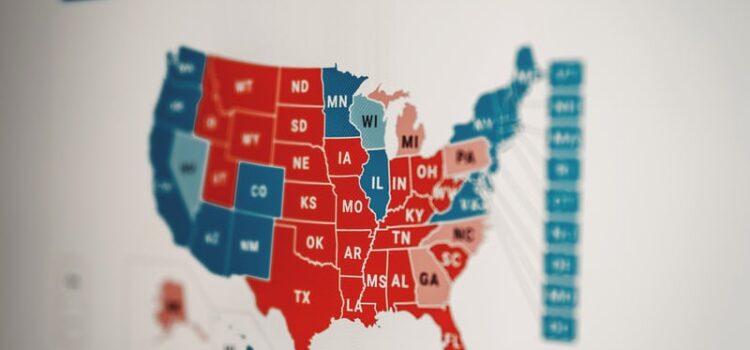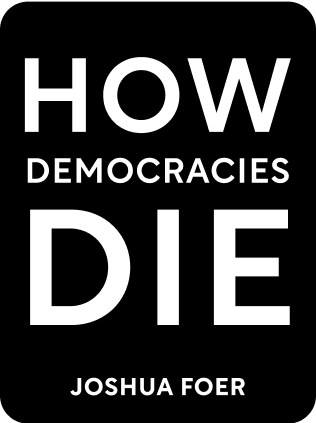

This article is an excerpt from the Shortform book guide to "How Democracies Die" by Steven Levitsky and Daniel Ziblatt. Shortform has the world's best summaries and analyses of books you should be reading.
Like this article? Sign up for a free trial here .
What is a polarized government? Why is polarization dangerous?
A polarized government can lead to many issues with democracy and governance. Not only is a polarized government frequently ineffective, but it can pit parties against each other and quickly dismantle democratic norms.
Read more about a polarized government and what it means for democracy.
Divided and Polarized Government
Institutional forbearance, however, can fall apart in presidential systems like the United States, where the executive and legislative branches are elected independently of one another.
Under these systems, the chances of divided government—where the executive and legislative branches are controlled by different parties—are quite high. Without mutual forbearance in such a system, politics can rapidly devolve into gridlock, dysfunction, and tit-for-tat escalation by the opposing sides, each of them abusing their control of their respective institutions of government to try to permanently sideline the other.
Under these conditions, each side might attempt to find extraordinary workarounds to the problems of gridlock—including presidents ruling by decree or executive order and legislatures obstructing routine legislation or blocking key executive appointments. These actions further undermine public confidence in the democratic process.
The Dangers of Polarization
Extreme political polarization can be a decisive factor in triggering the abandonment of mutual toleration and institutional forbearance. Polarization is the disappearance of the middle ground in politics, in which parties do not differ merely on basic ideology or matters of public policy—but, instead, are sorted into mutually incompatible worldviews. This is part of why a polarized government can be so dangerous.
Under such conditions, there is no ground for compromise. Typically, extreme partisan polarization reflects broader divisions within the society writ large and goes far beyond questions of political ideology—a theme we’ll explore in greater detail in Chapter 7 when we discuss the breakdown of American democratic norms.
If a party comes to believe that its opponents simply cannot be trusted to hold power, then those opponents must be prevented from attaining power at any cost. Elections become not merely contests for control of government and the opportunity to implement one’s policy agenda, but life-and-death struggles between bitter and irreconcilable enemies.
Chilean Democratic Collapse: A Story of Polarization
The destruction of democracy in Chile during the early 1970s shows how dangerous extreme polarization can be. The pressures of Cold War politics drove the country’s parties into increasingly incompatible ideological camps during the 1950s and 1960s. Mutual toleration collapsed under these conditions, with rightists viewing the election of the leftist President Salvador Allende in 1970 as an intolerable existential threat to their values in the polarized government.
Allende, frustrated by the right’s stranglehold on congress and its success in blocking his agenda, threatened to cut through the gridlock by passing laws via national referendum—bypassing congress altogether and engaging in constitutional hardball of his own.
Political tensions were at the breaking point by 1973, when congress finally took the extraordinary step of declaring Allende’s government unconstitutional in August. Democracy entered a death spiral from which it would not recover.

———End of Preview———
Like what you just read? Read the rest of the world's best book summary and analysis of Steven Levitsky and Daniel Ziblatt's "How Democracies Die" at Shortform .
Here's what you'll find in our full How Democracies Die summary :
- How shared norms are essential for preserving democracy
- Why the Trump presidency threatened those shared norms
- Why democracy goes beyond individual leaders and parties and must be a shared enterprise among committed individuals






